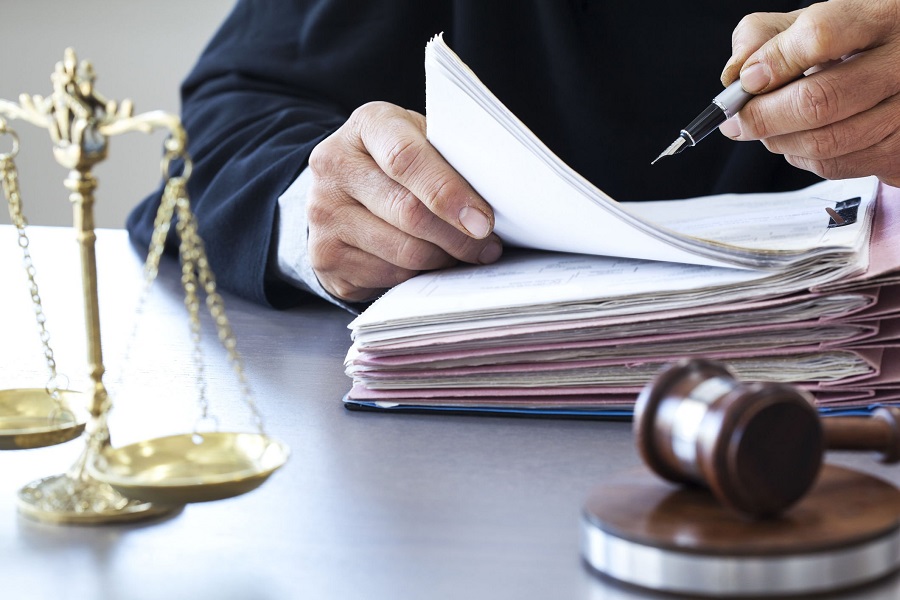
Estate planning and probate can become a complicated matter, especially if there are people contesting for the property. So, it is a good idea to get help from a probate lawyer. However, people may be unaware of how a lawyer can help when it comes to estate planning. Here are the basic functions of a probate lawyer and when you need to get one involved during your estate planning.
What is a Probate Lawyer?
In essence, a probate lawyer is one who helps the executors of the estate manage the whole probate process. They are sometimes referred to as estate or trust lawyers. Probate lawyers can also help with the estate plan itself—for example, drafting wills and giving advice on the powers of attorney. They can even be the administrator themselves.
Main Roles of the Probate Lawyer
A probate lawyer’s role depends on whether the deceased had a will and testament prepared beforehand. If the person had a will, the lawyer can be hired to advise all of the parties involved and help in the distribution of the property. They can also double-check if the will wasn’t signed or if it was written against the best interests of the one who passed away. This is because certain individuals may be coerced and influenced into making an unfair cut on the estate. These people are typically the elderly or those with mental disabilities.
Meanwhile, if the deceased wasn’t able to prepare a will before their passing, the person will be considered to have died “intestate.” This means that the estate will be distributed according to some intestacy laws where the person lived. These intestacy laws vary from state to state. They will be followed regardless of the deceased’s wishes. The probate lawyer’s role here is to assist the administrator to distribute the estate according to the intestacy laws of the state.
Other Roles and Functions of Probate Lawyers
Besides transferring the estate and interpreting the law, probate lawyers can also help with other aspects of the probate process. They can handle the payment for any outstanding debts the deceased had and resolve any previous tax issues. Probate lawyers can even handle the collection of the proceeds from life insurance policies. They also should be the ones to prepare and file the necessary legal documents being required by the probate court.
When You’ll Be Needing a Probate Lawyer
Although having a lawyer on board throughout the probate process is good, it’s not always necessary to do it. There are certain instances when the process can continue without having to get a lawyer or a probate court involved. If you’re unsure if you need to get a lawyer for the probate, you can ask yourself the following questions:
- Can the estate be transferred without probate? – This would usually be the best-case scenario for people. If the deceased had any probate-avoidance planning before their death, then their estate can be transferred without any probate.
- Are the family members getting along? – Family disputes regarding the will and estate distributions are actually rare. Many choose to handle things properly and follow the deceased’s wishes. But if ever resentments that could affect the entire process arise, a lawyer should be called immediately to settle things.
- Is the state’s probate process simple, if ever it is necessary? – Certain states such as Colorado, Arizona, and others have adopted a set of laws known as the Uniform Probate Code (UPC). These are laws written to make the probate process simple and more flexible to executors. Most probates in UPC states are conducted with minimal court supervision. Others have a streamlined probate procedure, such as Texas and Wisconsin.
- Is the estate too small to owe state or federal estate tax? – Most of all estates right now do not owe any sort of federal estate tax. There is a chance, however, that it may need to pay a separate state estate tax. Almost 20 states impose their own estate laws. In this instance, a probate lawyer may be required to handle the necessary taxes to be paid.
- Does the estate only have common assets? – Common assets that wouldn’t need to go through probate are houses, bank accounts, vehicles, and household goods, among others. If the estate includes businesses, commercial real estate, and other assets that require special attention in handling, you definitely will need a probate lawyer.
Estate planning need not be totally confusing. Hopefully, you’re now more familiar with what a probate lawyer is and when you’ll be needing their services.